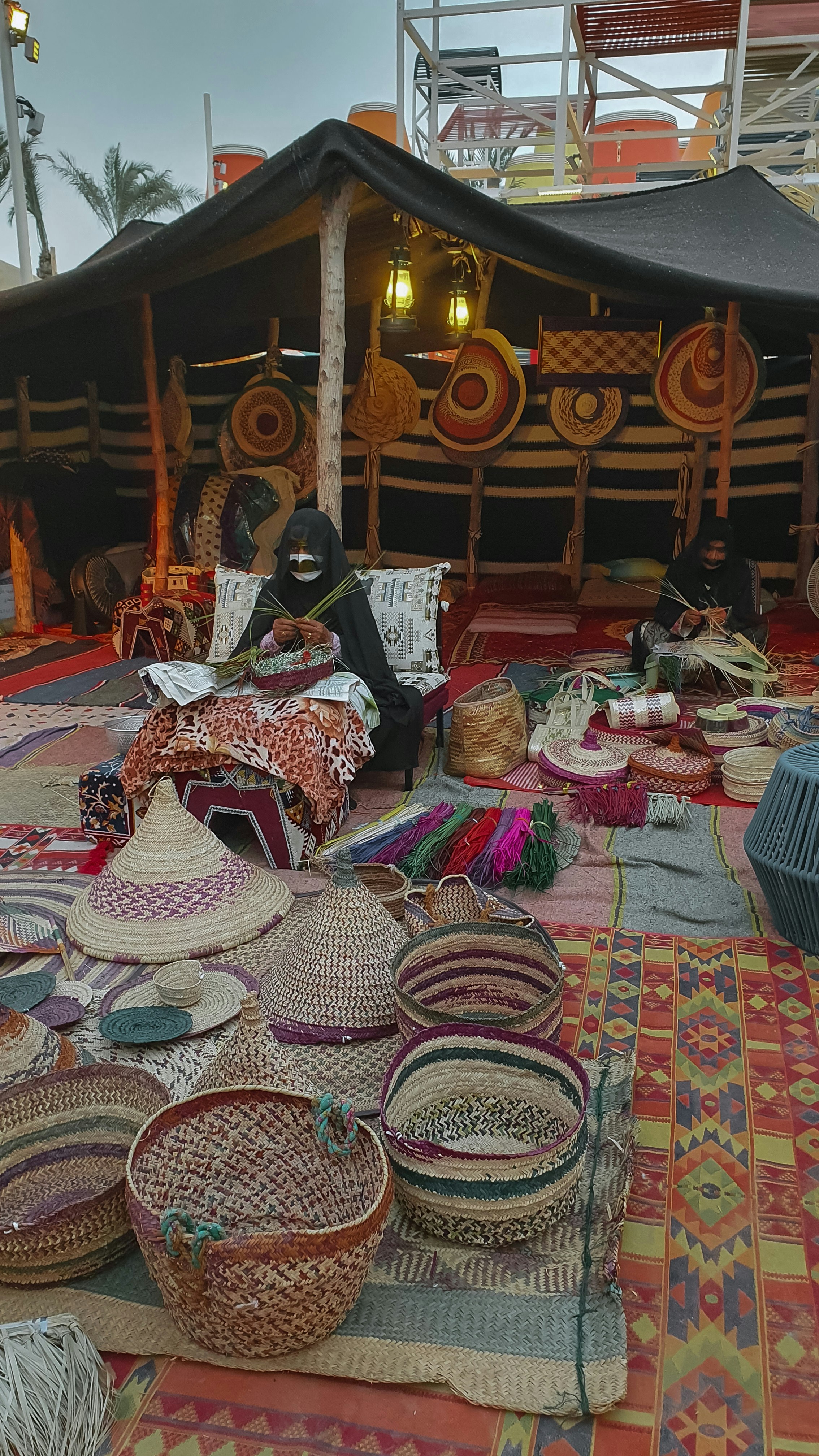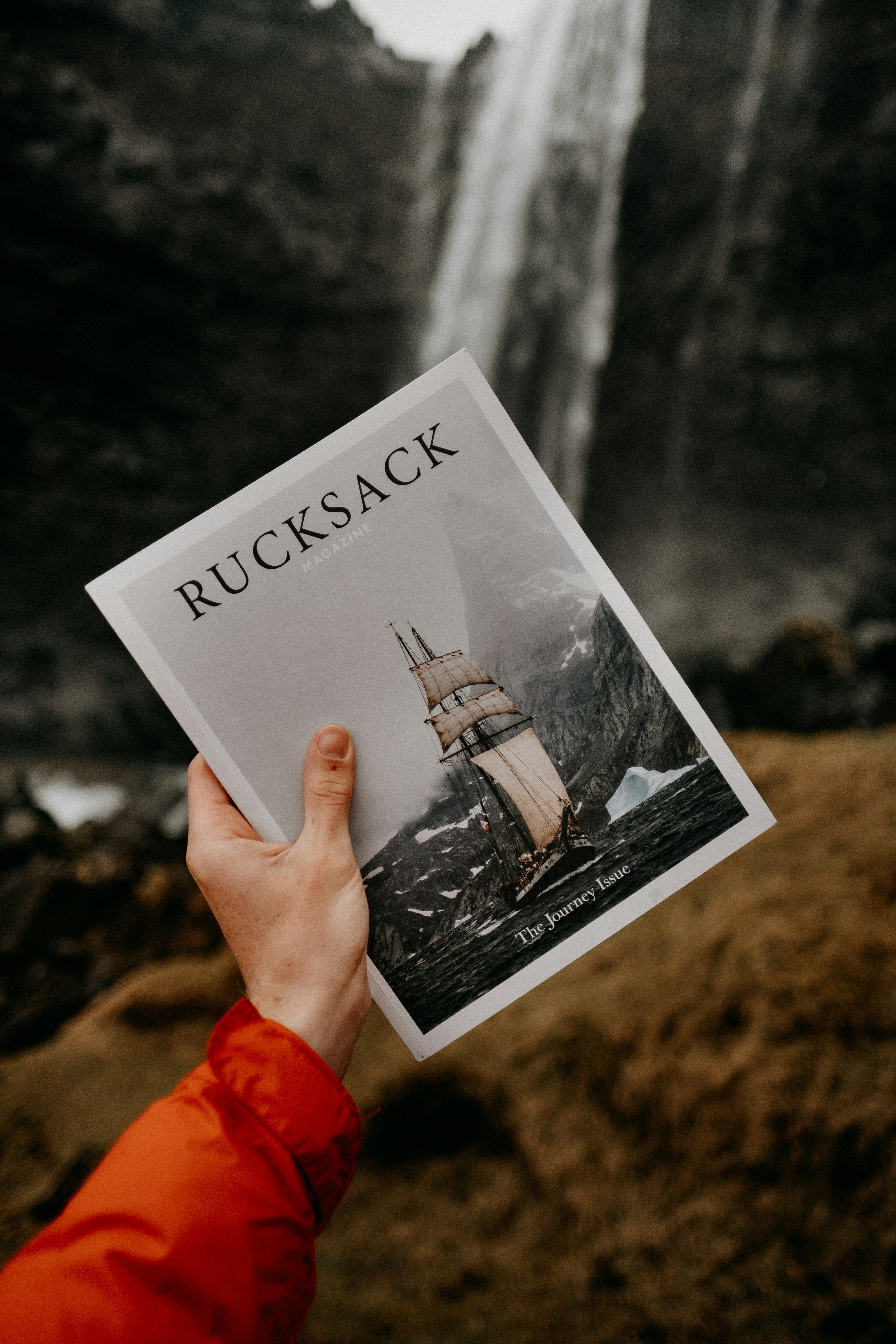Preserving Tradition in a Modern Society: The Value of Old Customs
December 4, 2024 | by k12gaines@gmail.com
 Photo by Helena Lopes on Unsplash
Photo by Helena Lopes on Unsplash The Importance of Tradition in Shaping Society
In today’s rapidly evolving landscape, the relevance of tradition in shaping individual identities and community values remains substantial. Traditional customs and practices carry historical significance, serving as a framework for ethical behavior that has been cultivated over generations. This ethical foundation fosters respect for one another and instills a sense of shared responsibility among community members.
Moreover, the preservation of these age-old traditions promotes social cohesion. Celebrations, rituals, and communal gatherings rooted in tradition not only strengthen interpersonal bonds but also provide a collective identity for community members. For instance, local festivals that celebrate agricultural practices foster connections among residents, while encouraging appreciation for the land’s history and its resources. Such events underscore the importance of environmental stewardship, which is vital in modern discussions about sustainability.
Tradition also contributes to cultural continuity. By passing down customs and beliefs, societies can maintain a connection to their heritage. This continuity nurtures resilience, equipping individuals with the tools to navigate change while remaining anchored to their roots. An example can be found in traditional craftsmanship, where skills are passed through generations. This practice not only preserves unique art forms but also reinforces pride in local culture amid globalization.
Despite the pressures of modern society, these traditions hold significant value. They offer a sense of belonging, particularly in a time when individualism can overshadow collective identity. When people engage in traditional practices, whether through storytelling, dance, or cuisine, they are not merely performing rituals; they are reinforcing their place within a wider social tapestry. Thus, the importance of tradition in shaping society cannot be underestimated—it remains a vital element in nurturing ethical behavior, community bonds, and cultural heritage amidst the challenges of contemporary life.
Balancing Innovation with Tradition: A Path Forward
In the rapidly evolving landscape of modern society, the challenge of balancing innovation with tradition becomes increasingly pertinent. The integration of new technologies and practices often leads to a tendency to overlook or disregard the valuable customs that have shaped cultural identities for generations. However, striking a harmonious balance between these two realms is essential for fostering a society that honors its heritage while also progressing into the future.
One effective strategy for maintaining this equilibrium is to incorporate traditional practices into contemporary life. This could involve the adaptation of old customs to align with modern values and lifestyles. For instance, culinary traditions can be reimagined using contemporary ingredients or cooking techniques, allowing younger generations to appreciate the essence of these customs without completely discarding their relevance. Additionally, community events that celebrate heritage can be modernized to include elements that appeal to a broader audience, ensuring participation from diverse demographic backgrounds.
Education plays a pivotal role in promoting the preservation of traditions. By incorporating traditional knowledge and practices into curricula, educational institutions can instill a sense of respect and appreciation for cultural heritage in students from an early age. Furthermore, awareness campaigns that highlight the significance of maintaining these customs can encourage communities to actively engage in preserving their heritage while adapting to changes in society.
Global examples of successful integration reveal that many societies have managed to embrace innovation while preserving their unique identities. Countries like Japan illustrate this perfectly, as they continue to adopt modern technologies while holding steadfast to their rich traditions, such as tea ceremonies and festivals. This successful blending of old customs and new innovations exemplifies a progressive evolution of culture, ultimately leading to a more cohesive and connected community.
RELATED POSTS
View all



